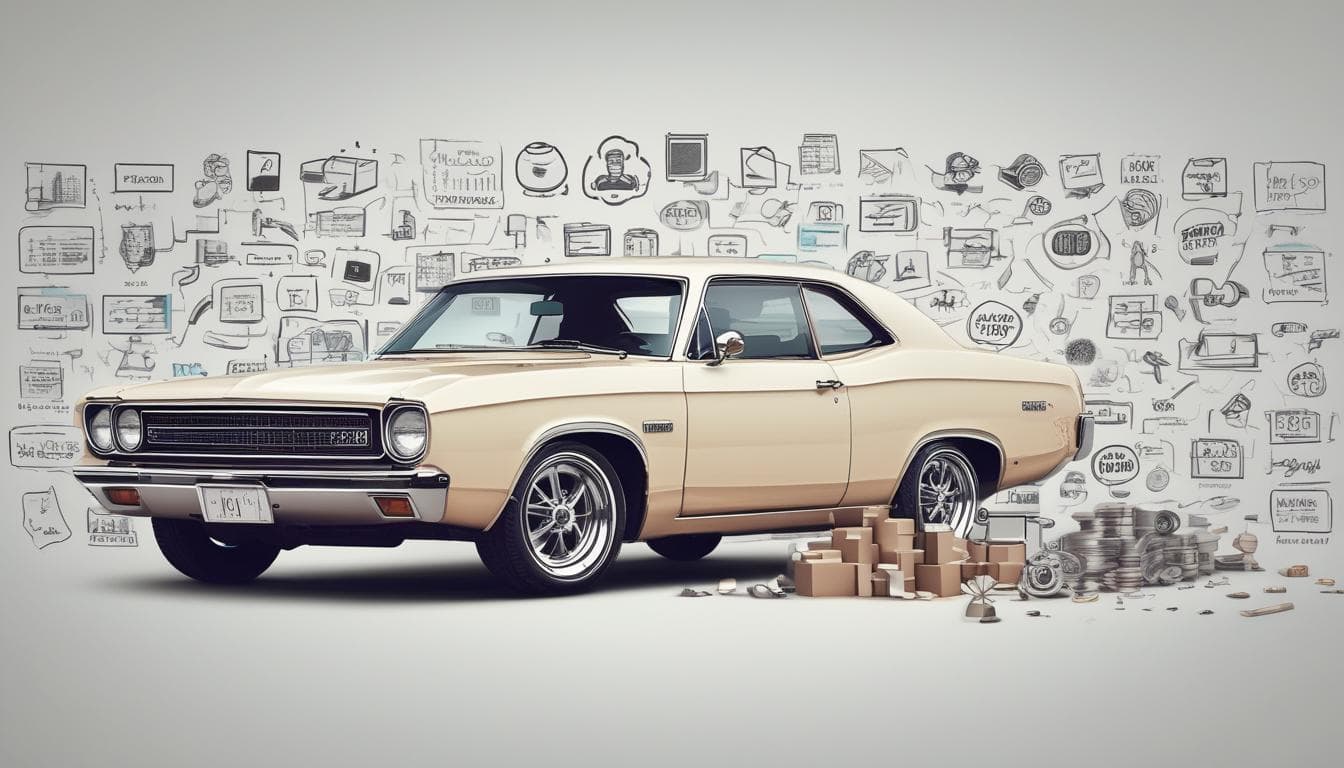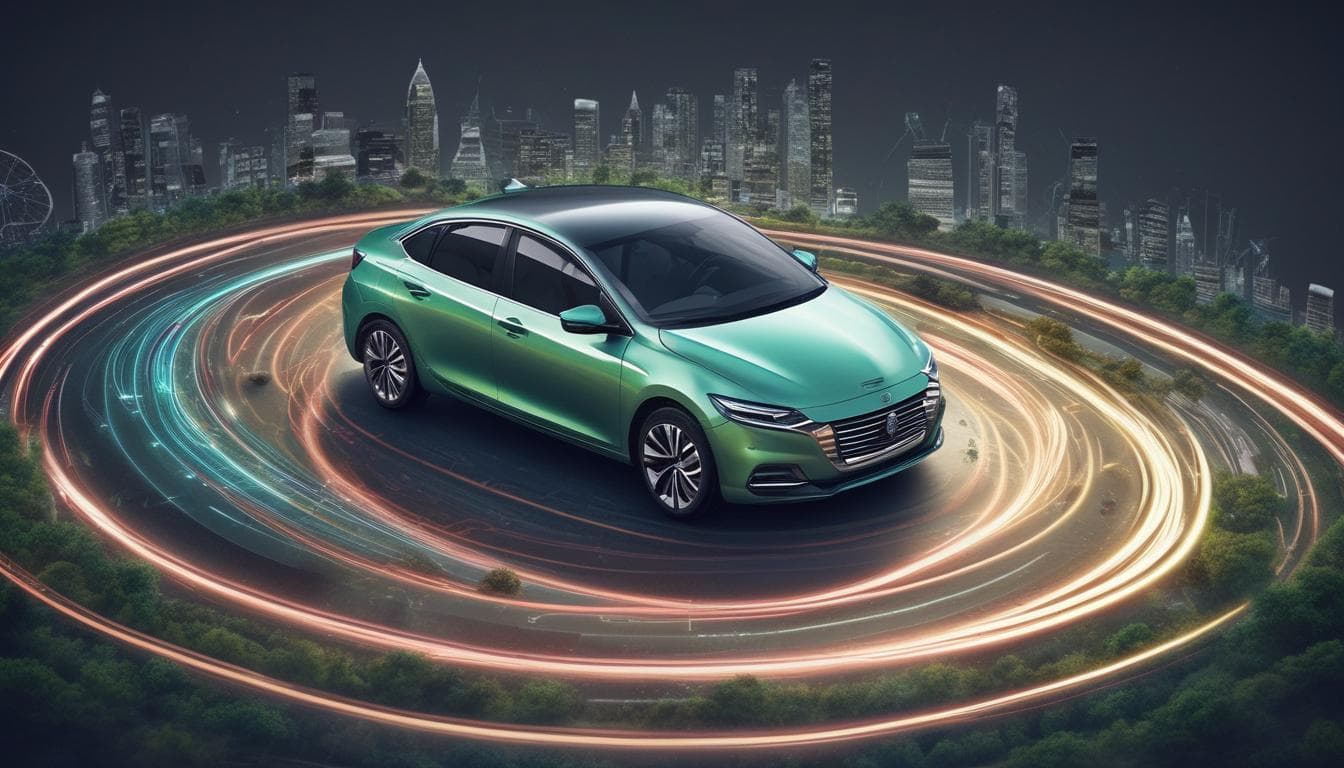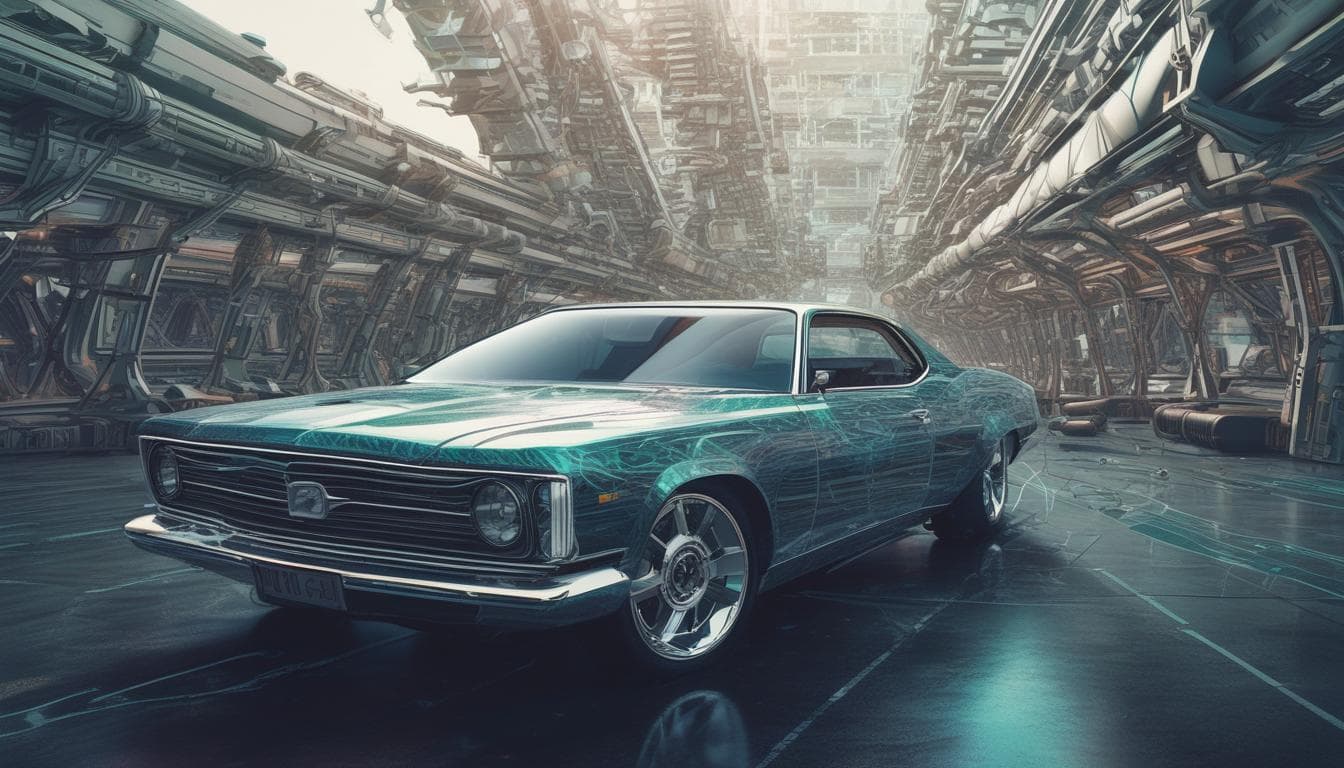With the increasing integration of AI in vehicles, how do you envision the future of in-car emergency systems? Will AI be able to predict and prevent accidents, or even take control in critical situations to minimize harm? What ethical considerations arise with such advanced safety systems?
The future of in-car emergency systems integrated with AI presents a fascinating leap forward in automotive safety. AI's potential in predicting and preventing accidents is significant, primarily due to its ability to process vast amounts of data from the car's sensors, road conditions, traffic patterns, and driver behavior in real-time.
Predictive Capabilities
AI systems, through machine learning algorithms, can anticipate potential hazards by recognizing patterns and anomalies that human drivers may not perceive timely. For example, if the AI detects a sudden change in tire pressure or identifies erratic movement from nearby vehicles, it can alert the driver or initiate preemptive safety measures.
Preventive Interventions
Beyond prediction, AI can also play a role in preventing accidents by activating automatic braking systems, adjusting speed, or altering steering to avoid collisions. These interventions could become more autonomous as technology advances, potentially reducing human error—a leading cause of accidents.
Ethical Considerations
There are indeed ethical considerations associated with AI-driven safety systems:
- Decision-making Dilemmas: A critical ethical question is how AI systems make decisions in unavoidable accident scenarios. Like the 'trolley problem,' AI must prioritize who to protect in critical situations, raising questions about programming biases and moral responsibility.
- Data Privacy: With AI systems collecting and processing large amounts of data, ensuring user privacy and data security is paramount.
- System Reliability: Dependence on AI for safety also means addressing errors or malfunctions in systems. Implementing rigorous testing and establishing fail-safes are essential to build public trust.
Conclusion
As AI continues to evolve, its role in enhancing vehicle safety is bound to expand. Stakeholders, including manufacturers, regulators, and ethicists, must collaborate to navigate the challenges and maximize the benefits for a safer driving future. It's an exciting and critical development, sure to inspire further innovation in autonomous vehicle technology.
このトピックについてさらに詳しく探る
会話に参加する
- 未来の自動車:感情を持つコンシェルジュカーがもたらす変革とは?
感情を持つコンシェルジュカーが実現する未来のドライビング体験、サービス、機能について議論し、私たちの生活、社会、自動車産業への影響を探ります。究極のパーソナライズ体験、安全性向上、そして未来のモビリティ社会について、あなたの意見を共有しましょう。
- 感情を読み取る車:社会への影響は?
車がドライバーの感情を感知し、運転を調整する未来。交通事故の減少、プライバシー問題など、私たちの社会や文化への影響について議論しましょう。
- 感情を読み取る車:運転体験の未来像
車がドライバーの感情を感知し、運転スタイルを調整する未来の運転体験について議論します。安全性、快適性、運転の楽しさの向上といったメリットだけでなく、デメリットや倫理的な課題についても考察します。





